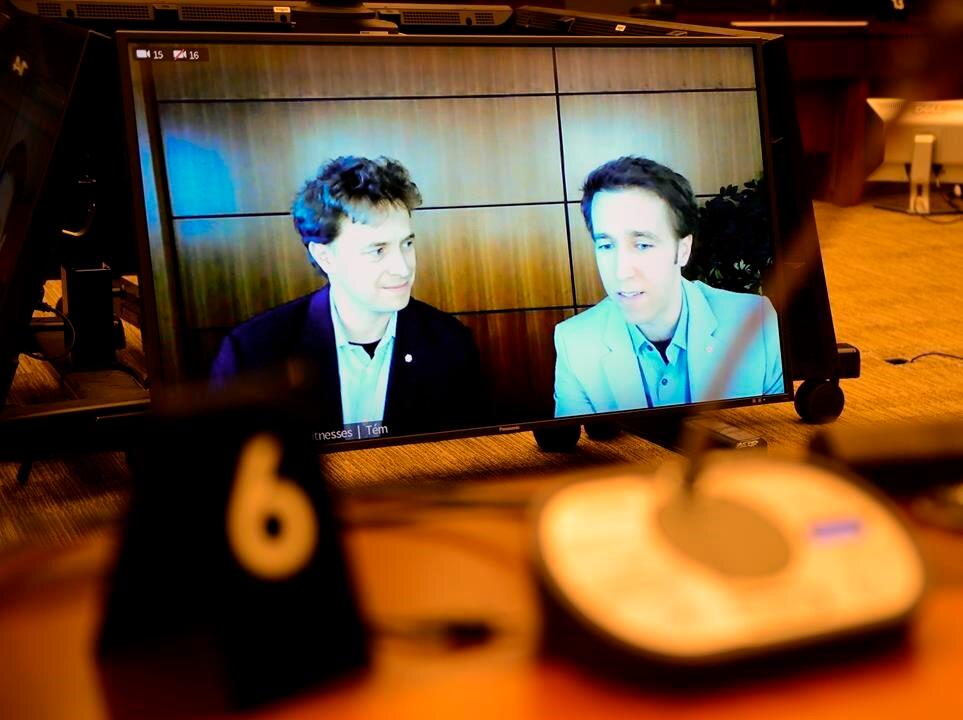OTTAWA—The co-founders of WE Charity argued Tuesday the organization wasn’t plucked to run a student-volunteer program because of any close ties to Prime Minister Justin Trudeau, laying out details about how much the endeavour would likely cost and why the charity used a seemingly complicated structure to manage it all.
Brothers Craig and Marc Kielburger opened four hours of testimony at the House of Commons finance committee by saying they regret not realizing how the deal to have WE run the Canada Student Service Grant would be perceived given Trudeau’s ties to the group.





